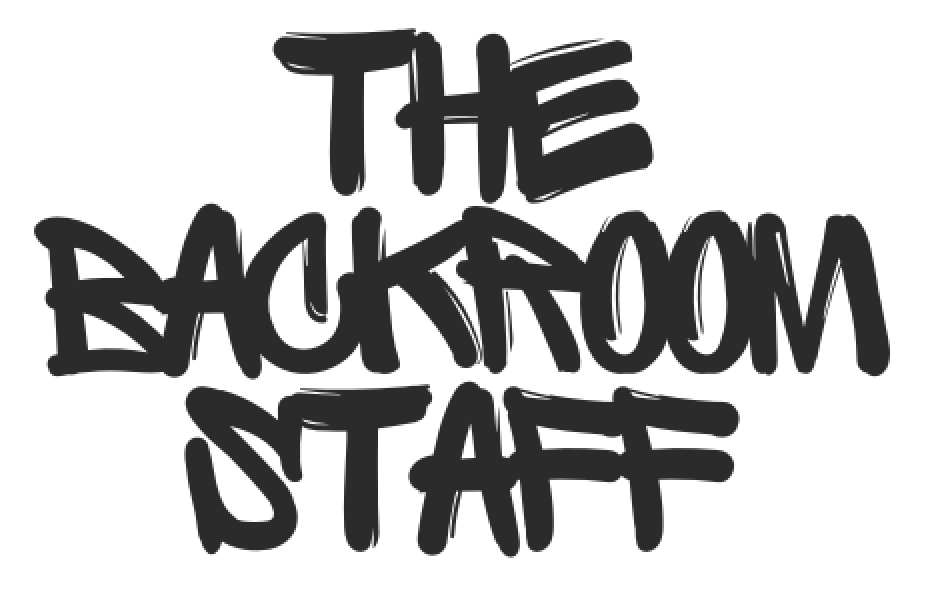The football world has long known about the incredible talent throughout Africa - but still, much of that potential remains untapped. A lack of transparency, reliable data and access continues to block some of the best talents in the world from being seen.
To solve these problems, Nnamdi Emefo founded Afriskaut, a platform that allows everyone from fans to sporting directors to discover the best footballers in Africa through data and video.
In this interview, Nnamdi talks about the realities of scouting in Africa, what motivated him to start Afriskaut, and his ambitious plans to open up opportunities for talented players across the continent.
The interview has been condensed and lightly edited for grammar and clarity.
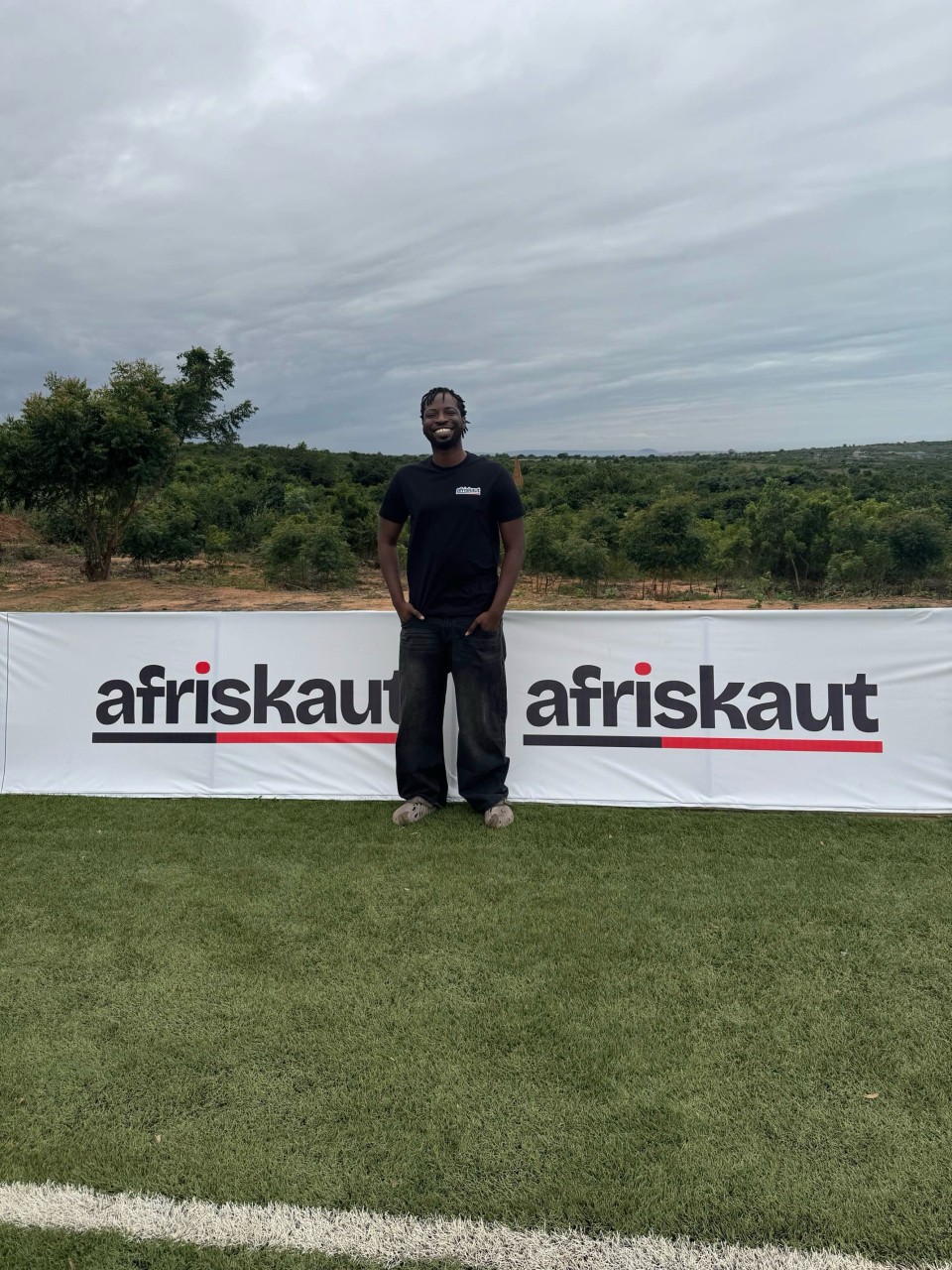
[ How did your own experience in football motivate you to build Afriskaut? ]
I went to a school called St. Gregory's College. If you lived in Lagos in Nigeria, you would know this school. It’s an all-boys Catholic school that’s close to 100 years old, and a lot of Nigerian football players went there. It has a way of attracting young boys who want to play football.
So, you can imagine an all-boys school, that’s over 800 students, and everybody wants to play football - the best player in this school must have been special, right? It wasn’t me, unfortunately! But it was a friend of mine, he was the best out of a lot of good players. We played together in the school team and I would always tell him, ‘you’re really special and you’re going to make me rich because I’m going to be your agent!’.
When we were 16, his parents took him to the UK to study biomedical science - which I think is a waste of time for someone so talented… I stayed in Nigeria and attended college and started studying electrical engineering. We stayed in touch and I’d go online and started to find trials for him in the UK. But, when he went to the trials, the clubs always asked him for videos or his data and it dawned on us that all the football we played, all the tournaments we won, all the leagues we participated in, nothing was recorded. All we had was a ‘football CV’ explaining on a piece of paper that he was a good footballer. And this was someone who was already in the UK, like, his parents had the money to send him there - what about the players that have his talent but are back in Africa? They have no chance.
I went to my university’s library and I asked Google, ‘how do I prove that this player is good?’. Google suggested building an app. I asked how and Google told me to learn Java, and that was how I started.
[ You worked as a software developer for several years in various startups and tech companies before going full-time with Afriskaut? ]
Yeah, exactly. I started learning software engineering just for Afriskaut but along the line, I needed to earn money to keep funding it and keep the dream alive. Because Afriskaut was so technical, building it in my spare time helped me learn a lot of advanced skills and made it easy for me to get good jobs because I would smoke the interviews!
My co-founder is my friend who moved to the UK. I had told him, because I was so angry he couldn’t play, I was going to start a company that would make sure nobody ends up like him. I think he thought I was joking! But after one year, I showed him my progress, and the app was coming to life. He saw that I was serious, and he moved back to Nigeria, and we started working on it together. We each got different jobs and every month, we’d put our money together. Eventually, we started hiring a small team and we kept going like that. Sometimes we were working like 20 hours a day. After a while, we felt like we had done enough and saved enough to go full-time. And here we are today.
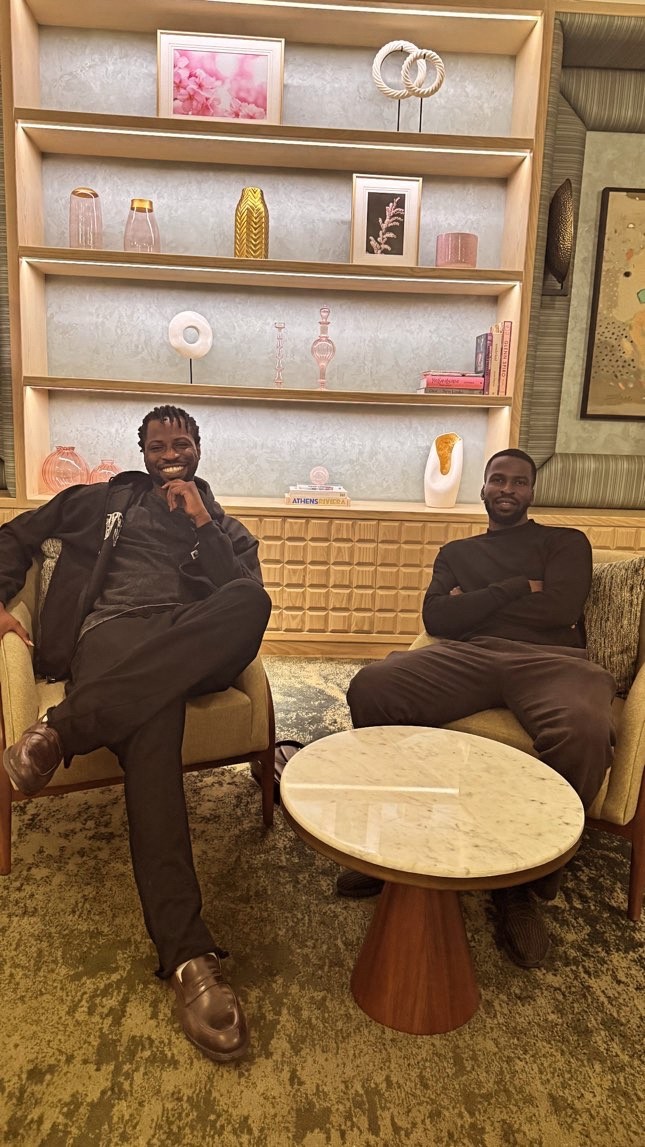
"Because Afriskaut was so technical, building it in my spare time helped me learn a lot of advanced skills and made it easy for me to get good jobs because I would smoke the interviews!"
[ How would you describe Afriskaut and the problem you’re trying to solve? ]
To me, Afriscout is more than a platform. I think, more than anything, Afriscout is the people behind it. I would say, on one side, Afriscout is an organization that is laser-focused on helping clubs and agents find the best players in Africa. Then, on the other side, we’re an organization that is laser-focused on democratizing access to talent and opportunities in Africa.
We don’t want to stop at football either. We have built the AI for basketball as well but the infrastructure to support basketball doesn’t exist yet but once we build everything for football, we are going to go into basketball and every other sport in Africa.
[ How big is the Afriskaut team now? ]
We’re about 25 people right now and I don’t see it increasing in the next 6 months or one year. We like to keep our team as small as possible and focus on excellence, finding people who can do a lot and who share our values like growth, self-belief and Pan-Africanism. We’ve never actually received CVs from anybody, we typically headhunt and find the best and most skilled people who want to contribute to the development of Africa.
[ Have you raised any money from VCs or other investors? ]
We were bootstrapped until early this year. A lot of VCs reached out to us and we said no to a lot of people but early this year, we said yes to a couple investors who fit with our beliefs. They care about all the things that are so important to us.
We are really, really trying to help African people - that’s why we go the extra mile to invest in cameras, organize leagues and work to help clubs and agents get the most out of Afriskaut. I have a lot of calls with our clients. Recently, I was speaking with a big agency in Spain that uses Afriskaut and their feedback was that it felt like I was ‘forcing them to succeed’! I’m constantly sharing good players and asking them for feedback - do you like this player? Why or why not? Because I really want them to find the best players in Africa.
[ What is the ‘status quo’ when it comes to scouting young African players? How does Afriskaut change this? ]
I think the status quo today is, in order for a player to be scouted, they need to be playing in an academy team that is invited to a tournament organized by a European agent. The problem is, those academies already play in the leagues already but even if there are 20 teams in the league, they’ll only organize with the 5 or 6 academies that they know and this is where they will pick their players from.
This is different from other countries. For example, if I was looking for the best player in the U19 Bundesliga in Germany, I’d simply go and watch or look at the data from the U19 Bundesliga. Afriskaut allows scouts and agents to see all the players, not just those from a few select clubs.
[ How do you actually collect all the video of the matches? What are some of the challenges, especially at youth levels? ]
—^interviewer’s note: Nnamdi walks me through his house and shows me boxes and boxes of cameras!
When I started as a software engineer, I started buying video cameras - as you can see. I travel across Africa to different countries and donate cameras. The infrastructure doesn’t exist in many African leagues to cover the matches. The few clubs that record their matches only do it for their own games. So, everybody is just doing their own thing, but they haven’t been able to unite to be able to cover everyone.
Another issue is, there are no youth leagues in a lot of African countries - just the first and second division, and the age range that European clubs are looking for is largely not in those leagues. It means we need to set up youth leagues across Africa. So, aside from being a software engineer and a camera donor, I had to become a tournament organizer.
We’ve set up youth leagues and tournaments in The Gambia, Nigeria, Cameroon, Ghana, Guinea, and I’m flying in 2 weeks to Guinea-Bissau.
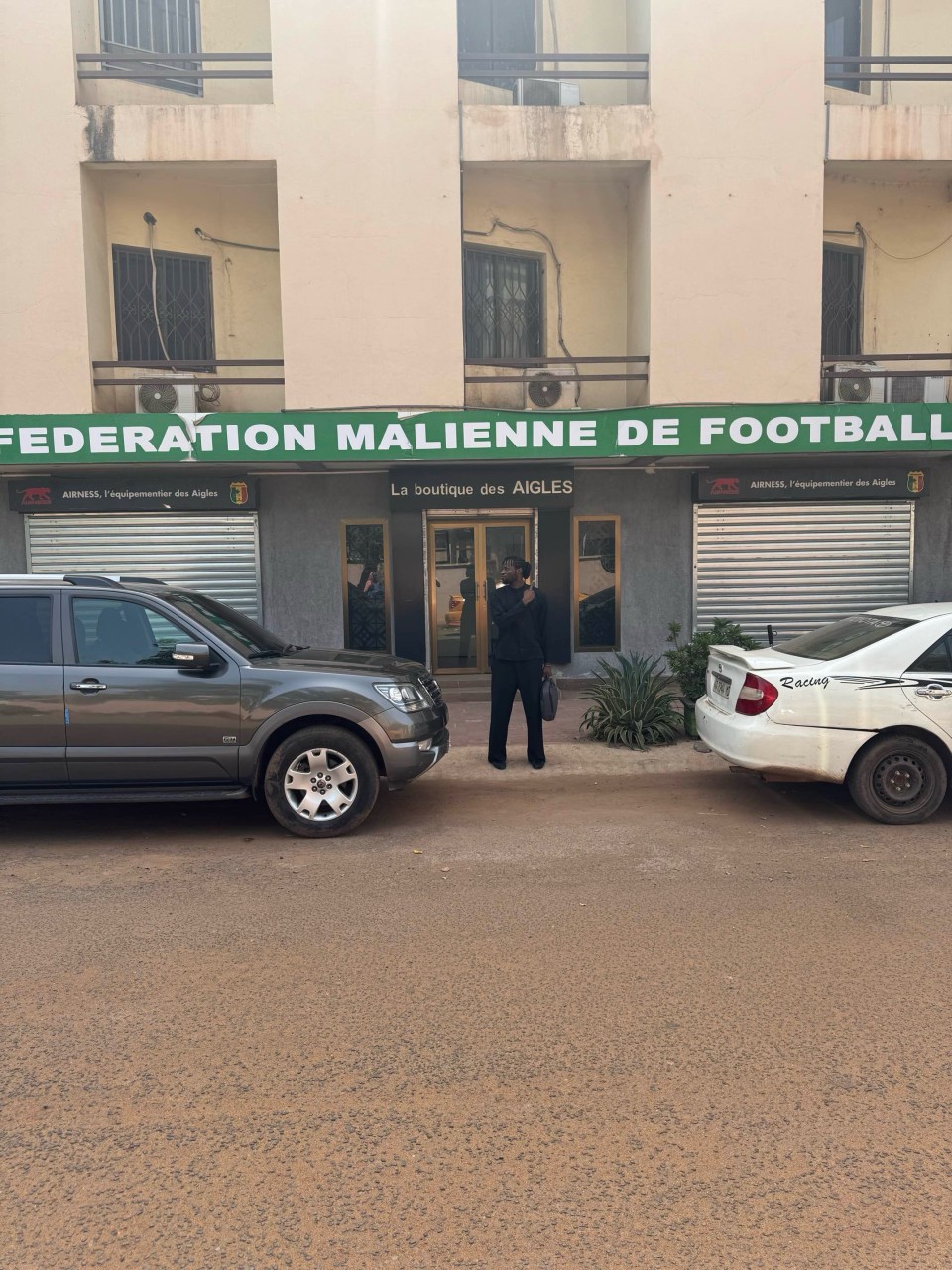
"So, aside from being a software engineer and a camera donor, I had to become a tournament organizer"
[ You mentioned that you played youth football at a high level but it sounds like you’ve become extremely connected in football - how do you get in touch with these people and convince them to work with you? ]
You know, I ask myself this question too. What I would say is - and it’s not a very practical answer - you gravitate towards something if you really want it. You know, speaking with the President of the Guinea-Bissau Football Federation wasn’t on my bingo card this year! But, all of a sudden, I met him, he sent me a letter and he wants us to do what we’ve been doing in Guinea-Bissau.
I didn’t come from the football industry, I’m not a football agent or anything. I came from technology. I came as a normal student but when I meet with people and hear why we’re doing what we’re doing, it connects with them and they are often very open to working with us.
And, just to add on that, the first thing I had to realize was, it wasn’t about the fancy tools we built or the AI models, people didn’t really care. I realized I wasn’t selling software. I was selling perception, I was selling Africa, I was selling the potential of African players. What they cared about was whether they could trust that players on the platform were quality. When we launched, we gave free access for 6 months just to build this credibility, this trust.
[ How does Afriskaut’s software actually work once a game is recorded? Is it similar to Wyscout? ]
That's what I spent my entire time in college building, that's our secret sauce! Once the game is recorded, the video gets fed into our video processing ML software and we analyze everything into event data. We have our own in-house tools that we use as well - and that’s what you see on Afriskaut.
Now, we are essentially trying to position ourselves as a scouting department. One thing we realized is that handing people a platform was sometimes equal to telling them that they needed to hire somebody who would use the platform! Many clubs are interested in African players, but I don’t know how many are willing to pay $50k a year for another scout.
As a platform, we like to call ourselves the ‘Wyscout of Africa’, but as an organization, we’re a bit different in the sense that Wyscout’s mission is to allow you to scout around the world. Our mission is to help you find the best players in Africa - it’s two different things. We have clients who don’t even use the platform, we just tell them who the best players are, it’s almost like we are their scouts on the ground. This is helpful for many clubs because if they hire a scout, that scout can’t be in 10 countries at once, they don’t have access to all the academies and players in those countries and they can’t be in all the stadiums at the same time - but we are.
[ How do you assess the performance and the ability or potential of a player from this video footage? ]
One thing you find out when you analyze both European and African data, because all the best talents from around the world are in Europe, the margins are very small. So, a player with the best passing accuracy might have 96% pass accuracy and second place might be 95.9%. But, in Africa, it’s not the case, the highest could be 96% and second could be 70%! So, with the raw data alone, you can see outliers very easily. That’s the beauty of collecting an entire league’s data.
We focus on these outliers. And, our team is composed of some of the best AI engineers you’ll find on the African continent. We have our own models, like every other club I guess, that help us further analyze players based on their contribution and performance.
[ Who are your customers? Is it just European clubs or also clubs around Africa? ]
Because our application is open, we attract all kinds of people from fans to the media and, of course, agents, consultants and clubs, as well as scouts, or people who want to get into scouting. Our pricing is very affordable and all kinds of aspiring agents or scouts are paying out of their own pockets because they want to see what’s out there in Africa. That’s the point.
We've done a few deals within Africa too - there was a Nigerian player who went to a club in Zimbabwe, for example, so we’ve seen that too.
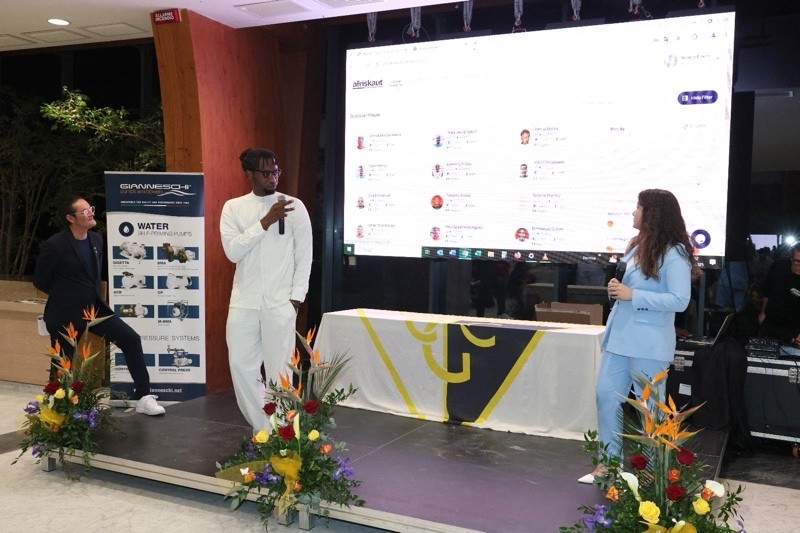
[ Who is the biggest player, or transfer, that was identified through Afriskaut? ]
The biggest so far is probably Victor Orakpo, who, through an agent, went to OGC Nice. I can’t really say, but there’s a bigger one coming soon! A player going directly from Africa to one of the top three leagues in the world.
[ Why is West Africa such a focus area for European clubs with comparatively strong pathways vs other regions of Africa? ]
One of the first things we analyzed was the FIFA Global Transfer Reports for the last 10 years, and we saw a big trend in West African players leaving for various reasons. One is that these types of players have lots of the attributes clubs are looking for - strength and speed, for example. But also other regions, like North Africa, suffer from its success. They have much more mature leagues and stronger economies than most West African countries. So, players are more expensive and they are much happier to stay in their country than in West Africa. That’s one of the reasons we decided to start in West Africa.
[ Do you consider the consequence of ‘exporting’ all the best players vs trying to build up the local leagues so that one day, e.g. the Nigerian Premier League could become a much more competitive league globally? ]
In my tribe, there's a saying that says, you can walk and chew gum. So, I believe that you can export talent and also have a strong league. In the near future, Africa is going to be an export-driven market and this has nothing to do with football. It’s about the global economy. Nigeria is not going to wake up in the next few years and have the financial muscle of the UK, that’s just the facts.
At the same time, it doesn’t mean that the leagues here cannot retain some kind of talent. I think the solution to building strong leagues in Africa is actually very simple. The leagues and the clubs within these leagues need to be securing the talent at, say, the under 15 level. Right now, the majority of the clubs that export talent out of Africa, out of West Africa, don’t even have a first division team. So, the clubs in the first division need to take youth scouting much more seriously.
"In my tribe, there's a saying that says, you can walk and chew gum. So, I believe that you can export talent and also have a strong league"
[ What would success for you and Afriskaut look like in 5 or 10 years? ]
My goal - and everybody in the company knows this goal - is for our success to look like this. When I was young, my father wanted me to be a doctor - to be a doctor, you have to go to medical school, right? I want the African kid, who wakes up in the morning and says, ‘I want to be a footballer,’ to also say, ‘so, I need to be on Afriskaut.’
